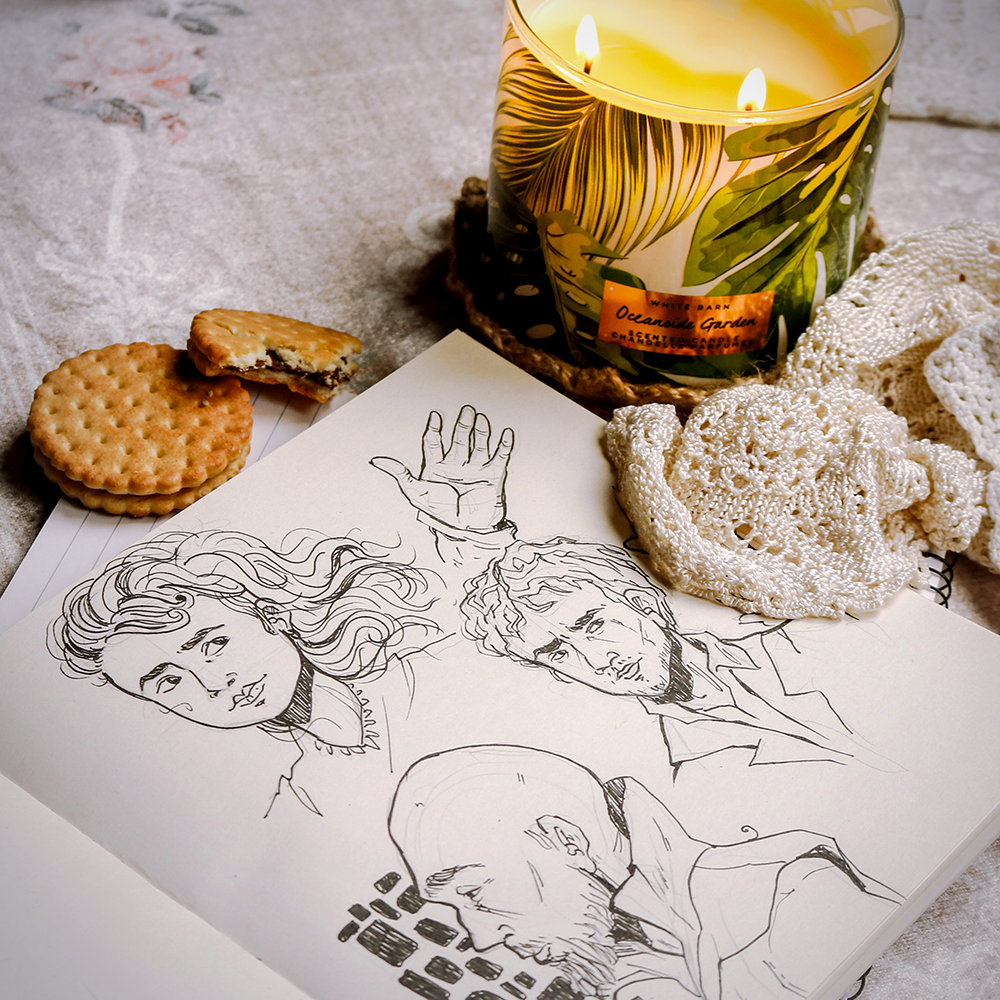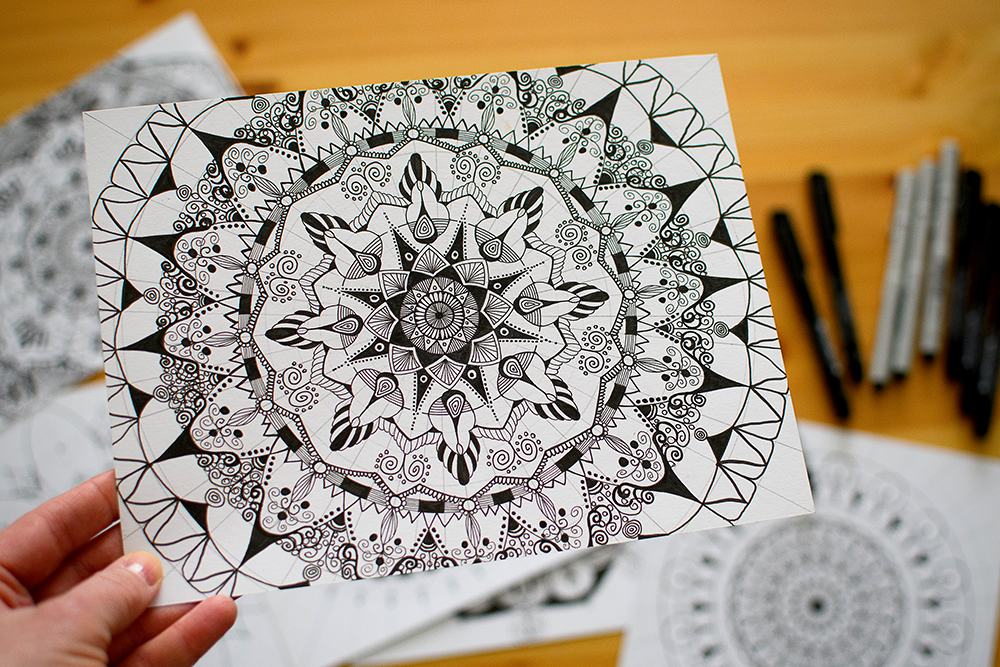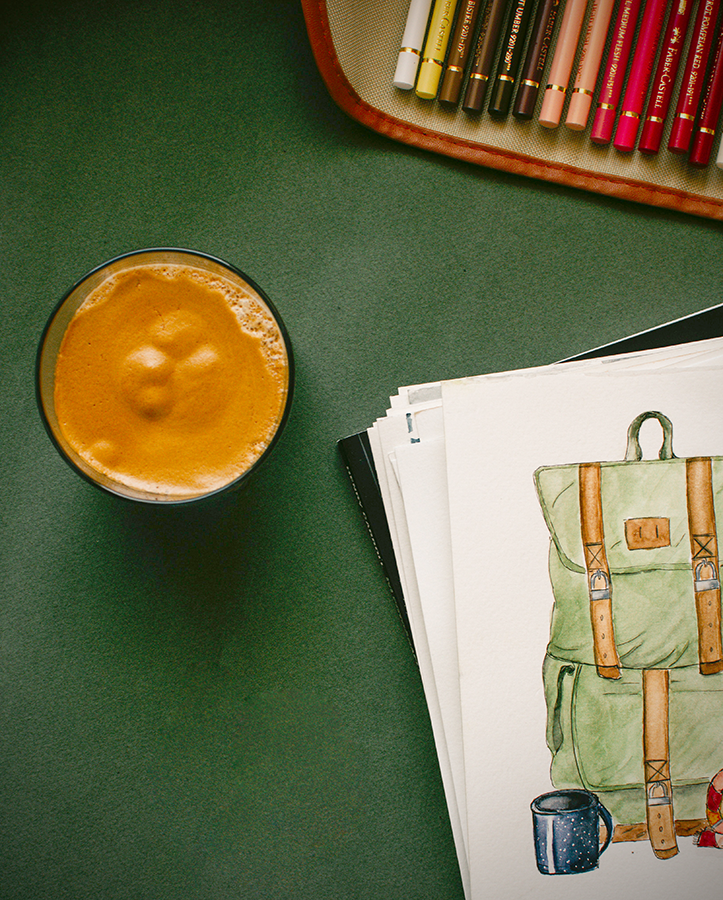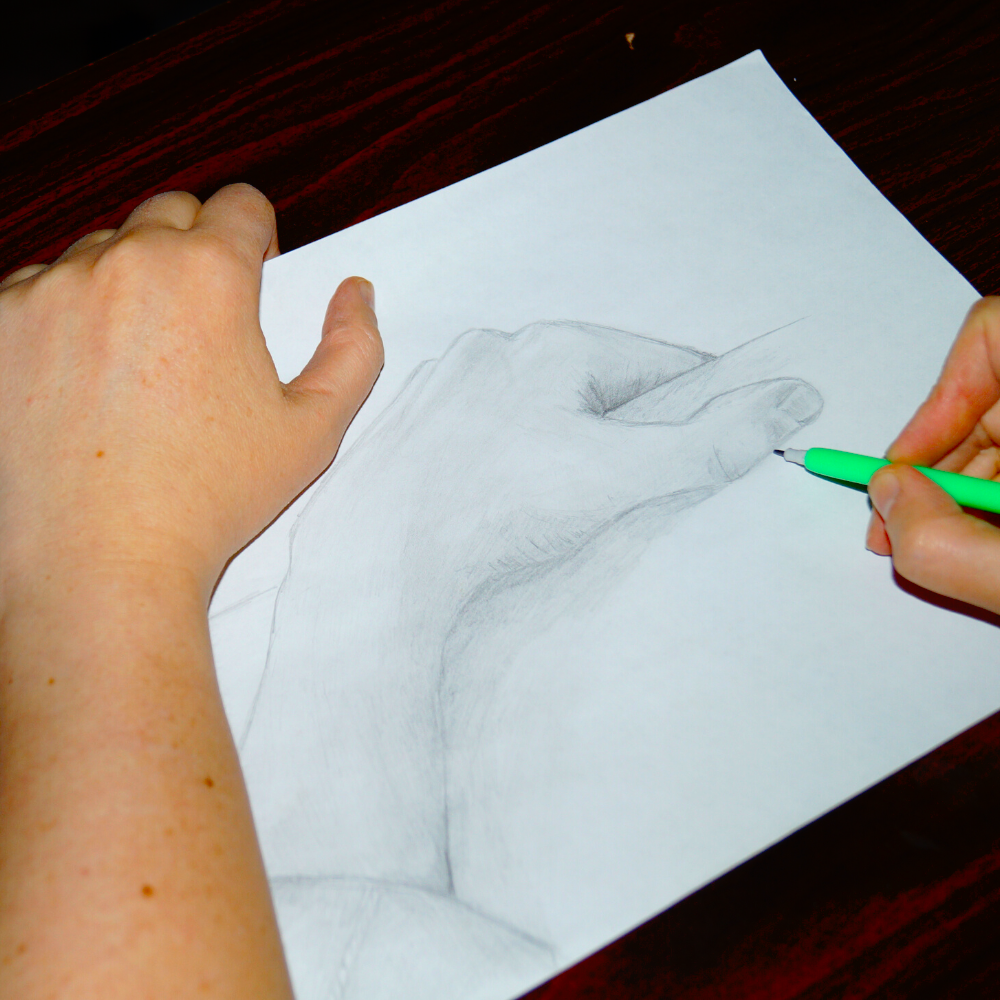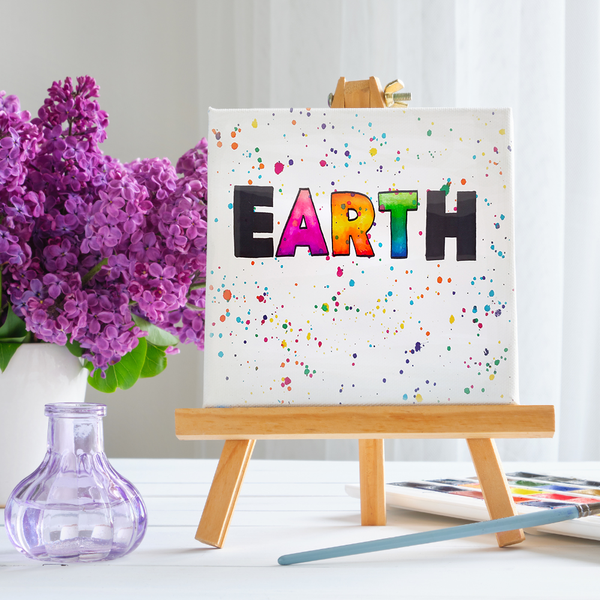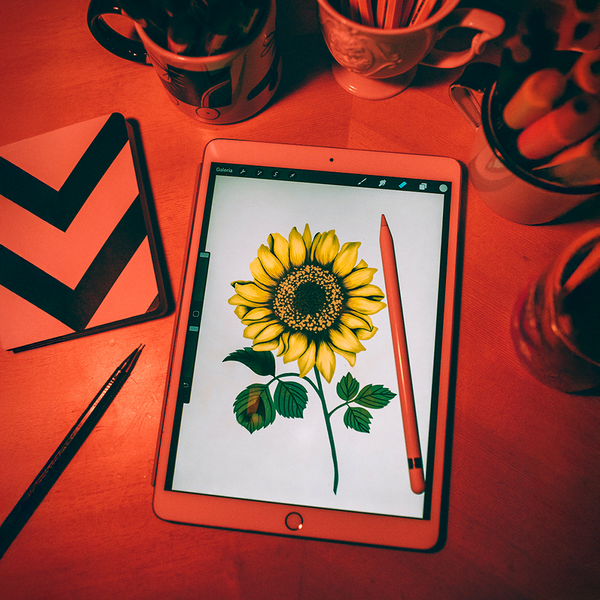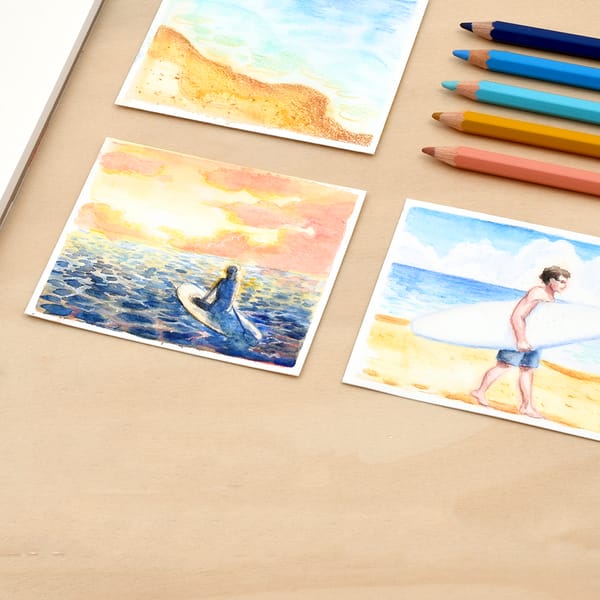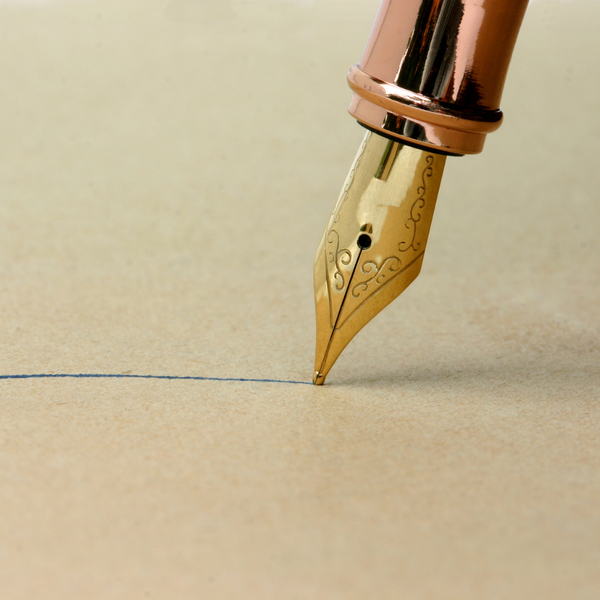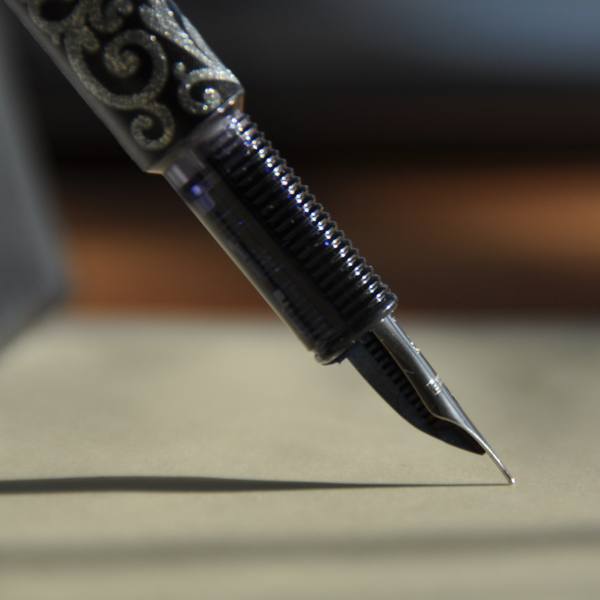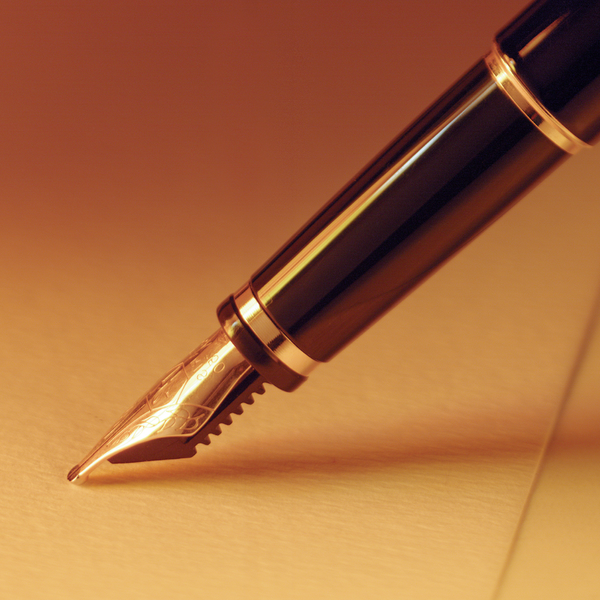Have you ever admired a masterpiece of art and wished that you could be the one creating them?
Are your pencil sketches just not quite measuring up to the quality of work you'd like to put out?
Well, have no fear!
Drawing is a skill that everyone can learn, and you can master this skill with practice and patience.
Whether you’re a beginner or an experienced artist, there’s always room for improvement, and you can always improve your drawing skills with a few helpful tips.
With a bit of hard work, creativity, and these helpful drawing tips for aspiring artists of all skill levels, success is within your reach.
Unlock your potential and sharpen those pencils – it's time to level up your art game!
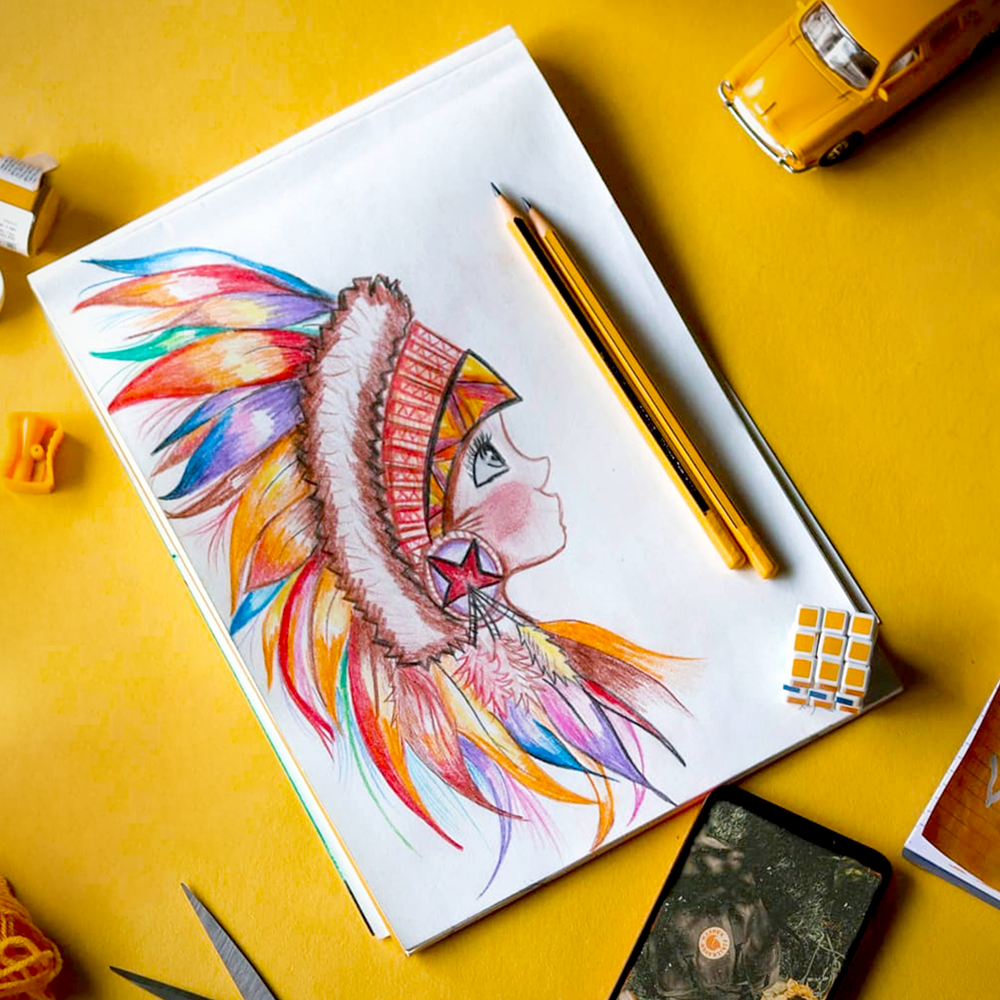
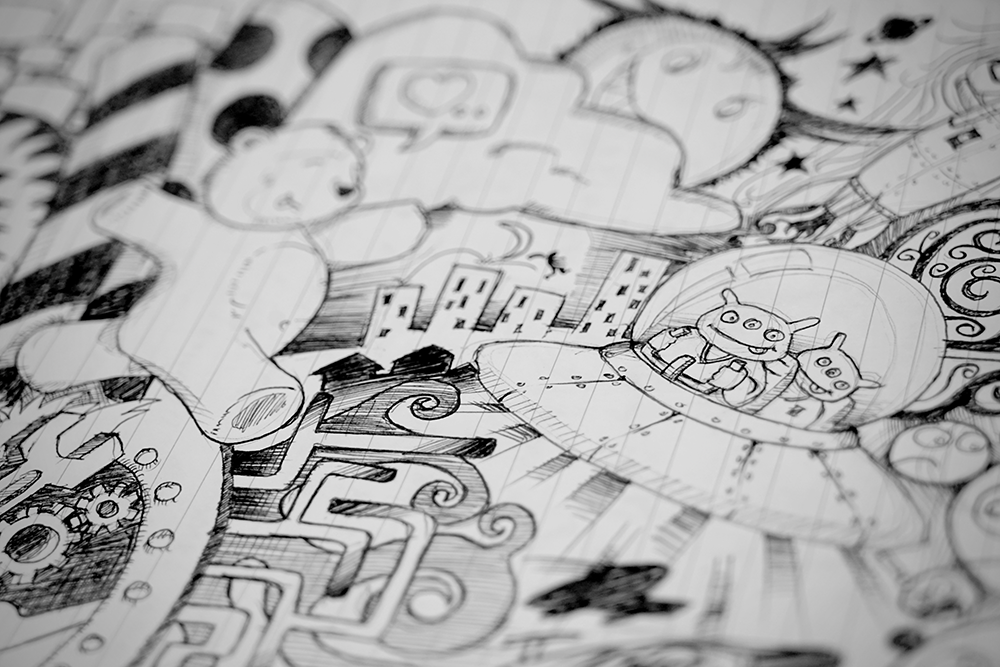
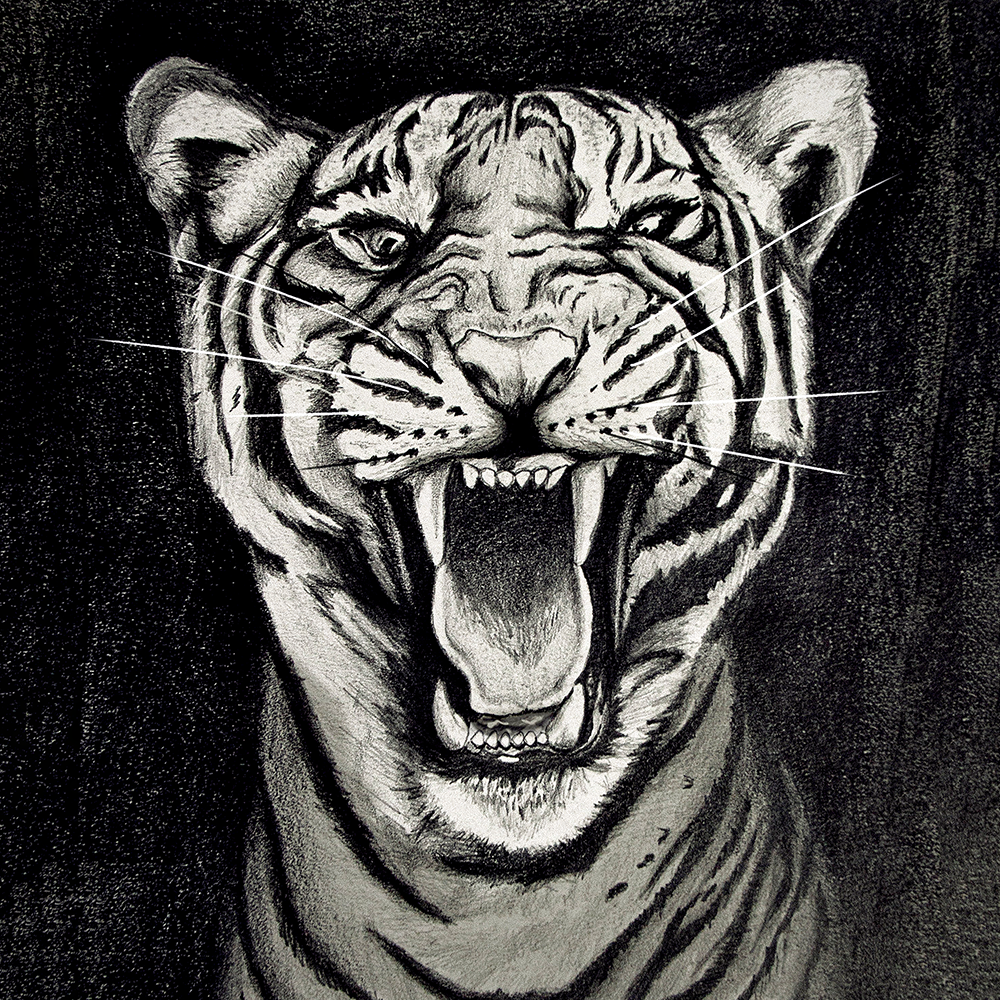
Start with the Basics and Draw from Observation
Before you can create masterpieces, you need to learn the basics.
Start by learning the fundamental concepts such as sketching basic shapes, understanding perspective, and shading.
These initial skills will help you develop a strong foundation that you can build on.
The best way to sharpen your drawing skills is by honing your observational skills; observation is key to becoming a better artist.
Look at the world around you and take note of how things are shaped, shaded, and lit.
When you're out and about, take time to observe your surroundings carefully, and mentally note the shapes, colors, and textures.
Then practice sketching what you observe, as this will help you become more attuned to your environment.
This way, you can train your eye to see things differently and translate them into your artwork.
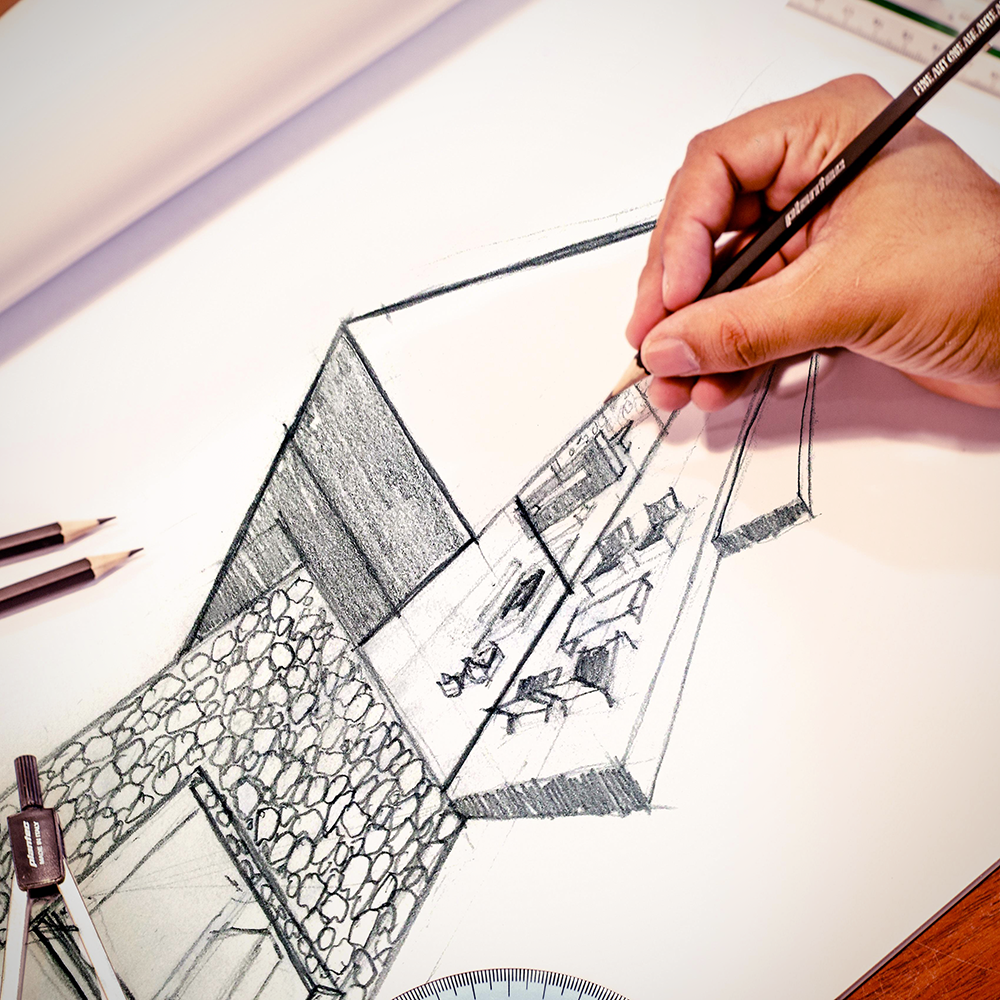
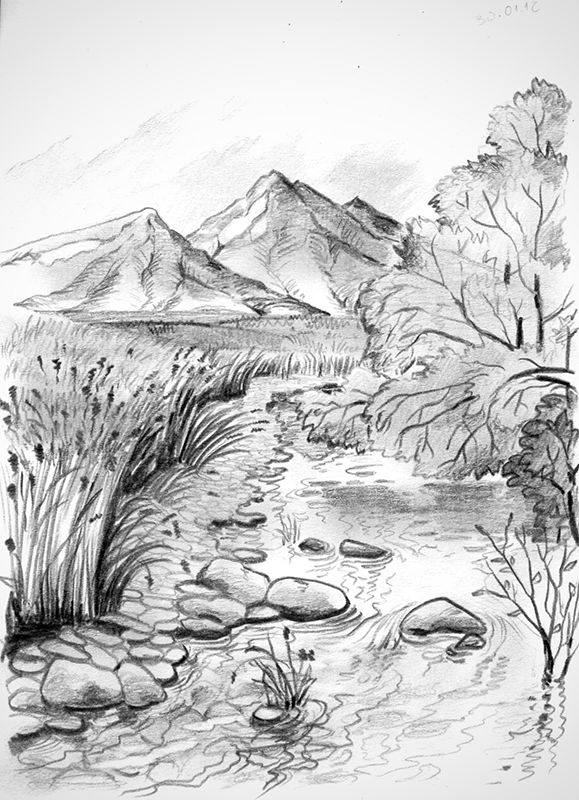
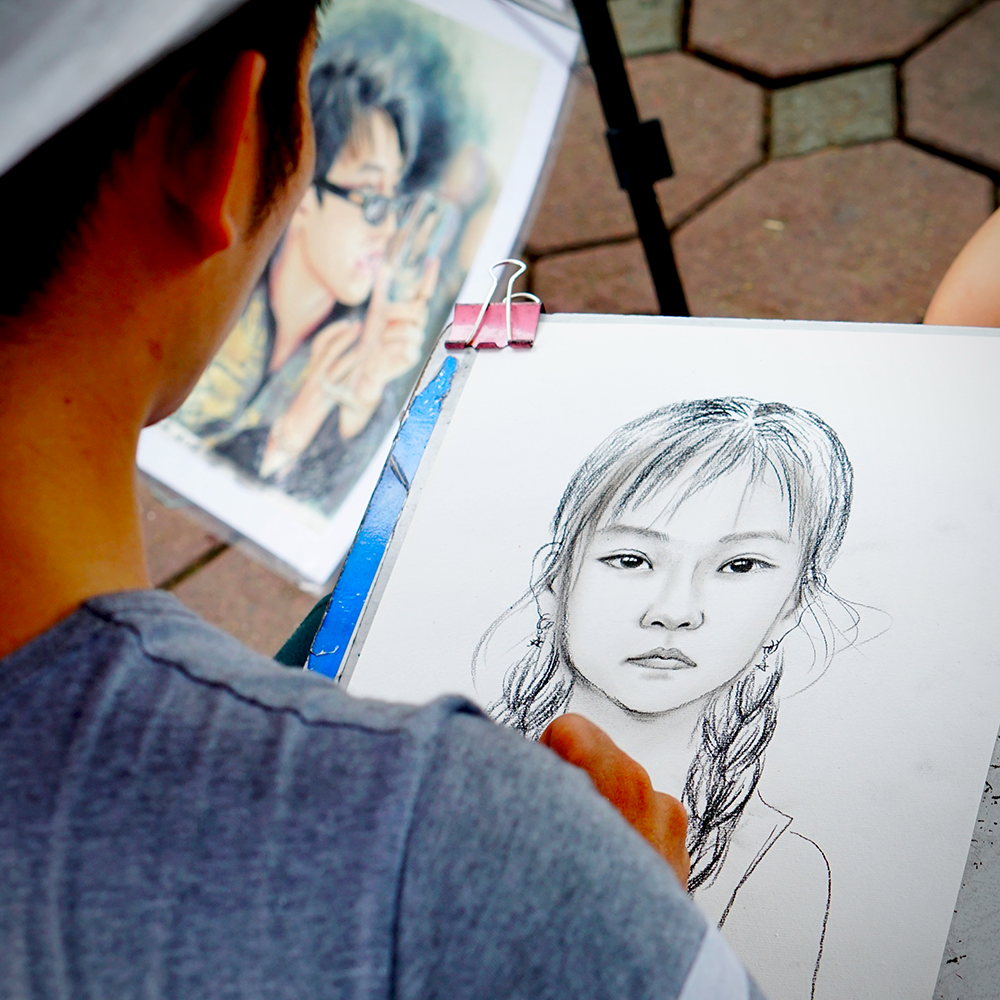
Experiment with Different Mediums
Don’t limit yourself to just one drawing medium.
There's a wide variety of drawing tools available, so don't be afraid to experiment with different types of pencils, pens, pastels, charcoal, papers, and more.
Play with different supplies and materials to see which ones you enjoy working with the most.
You might find that a certain combination of materials works best for your style and technique.
Each medium has its own unique qualities and can create vastly different effects.
When creating art, the medium can play a huge role, pencil drawings can have a completely different feel from digital art.
Traditional drawing techniques such as cross-hatching and stippling can help you create incredible effects with pencil lines, so don't be afraid to mix it up.
Straight lines, curves, and shading of different thicknesses can all be used to create varied and unique pieces.
Use your pencil tip to experiment with pencil strokes, explore the effects of different paper textures, and try out various pastel colors.
Digital drawing tools can also help you add new dimensions to your artwork.
Plus, there are plenty of drawing apps and software available to choose from.
By experimenting with different mediums, you’ll expand your skill set and drawing style.
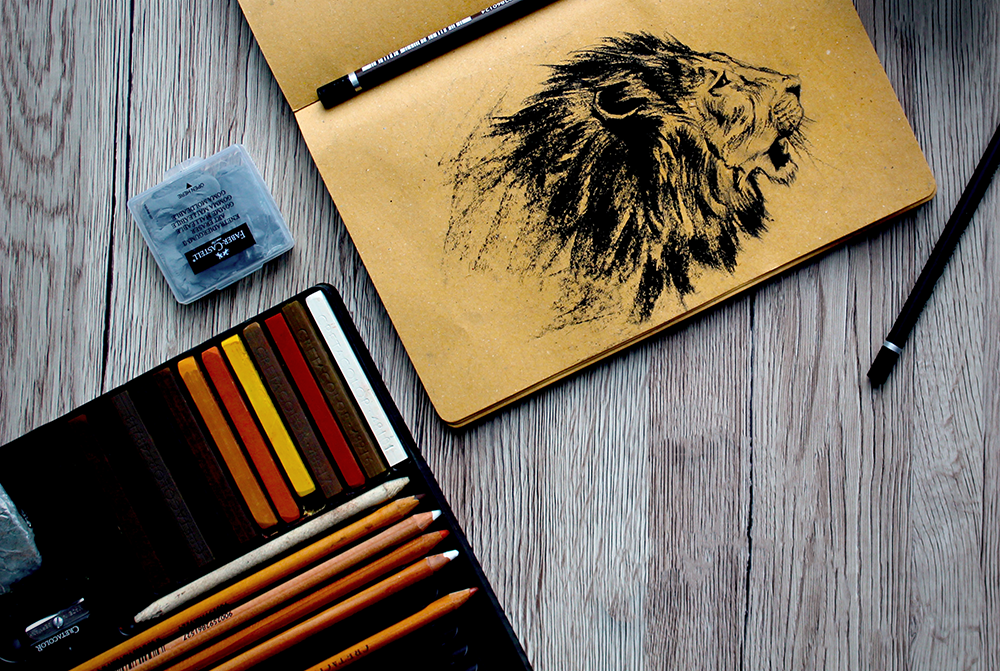
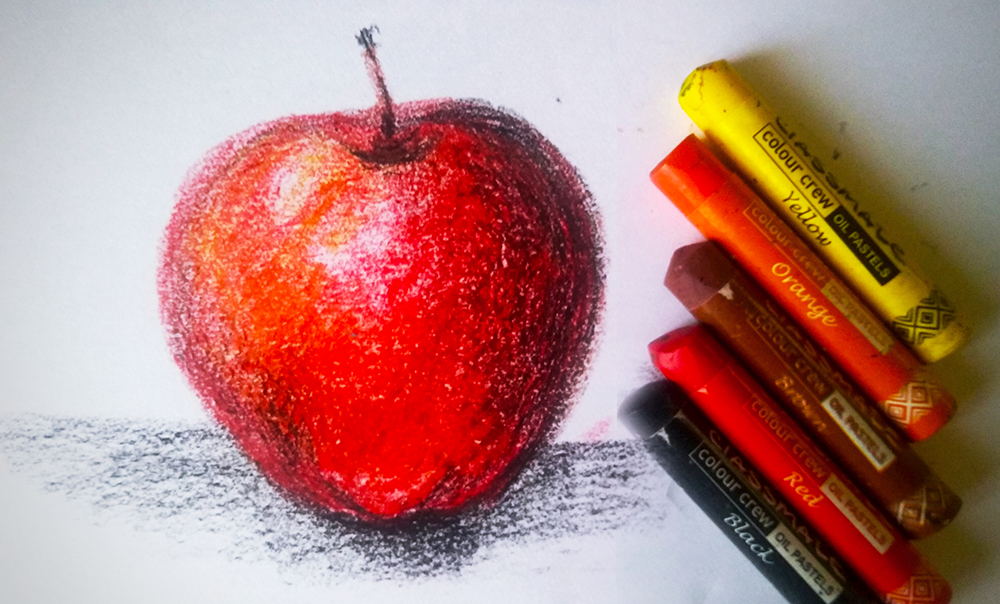
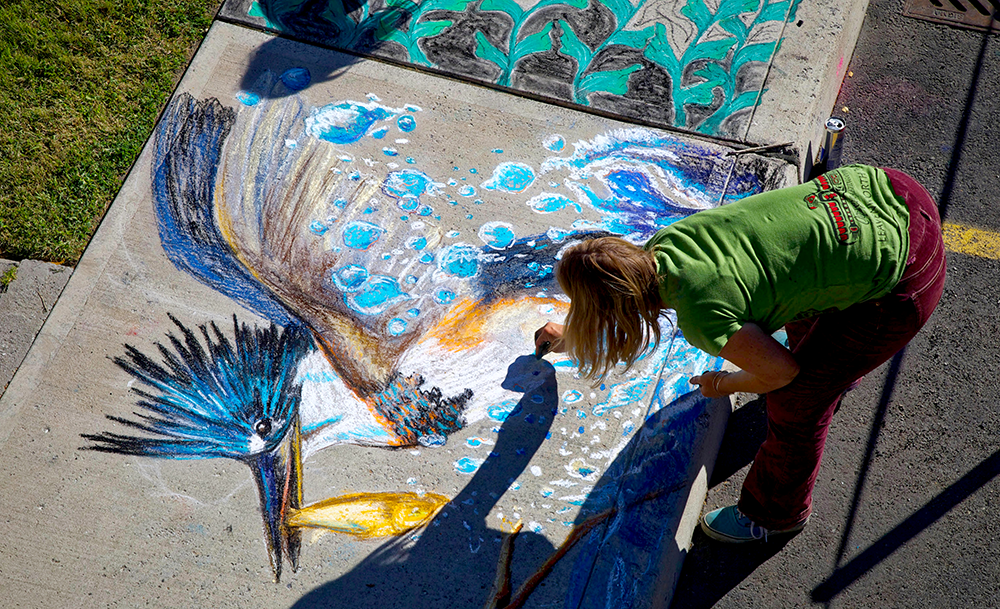
Practice Sketching Daily
Practice makes perfect, and there’s no better way to improve your drawing skills than by sketching every day.
Set aside some time each day to sketch something new, whether it’s a portrait, a landscape, or a still life.
The more you practice drawing, the better you’ll get.
Sketching techniques such as gesture drawing, line studies, and light sketching can help you focus on the creative process and develop your natural abilities.
Focus on mastering the basics, such as proportions, shading techniques, and perspective.
You can even challenge yourself to draw from life instead of relying on reference photos, which will challenge your skills even further.
Think about getting a sketchbook or art journal to document your progress and keep you motivated and to add to your portfolio.
Practice makes progress, so make drawing a regular part of your routine and work on filling your sketchbook.
Even a brief pencil sketch or doodle every day can help improve your skills over time.
You can create a line drawing, a still life drawing, or a sketch of a scene you’ve seen.
The important thing is to draw something, every day if possible!
By sketching daily, you can watch yourself grow as an artist.
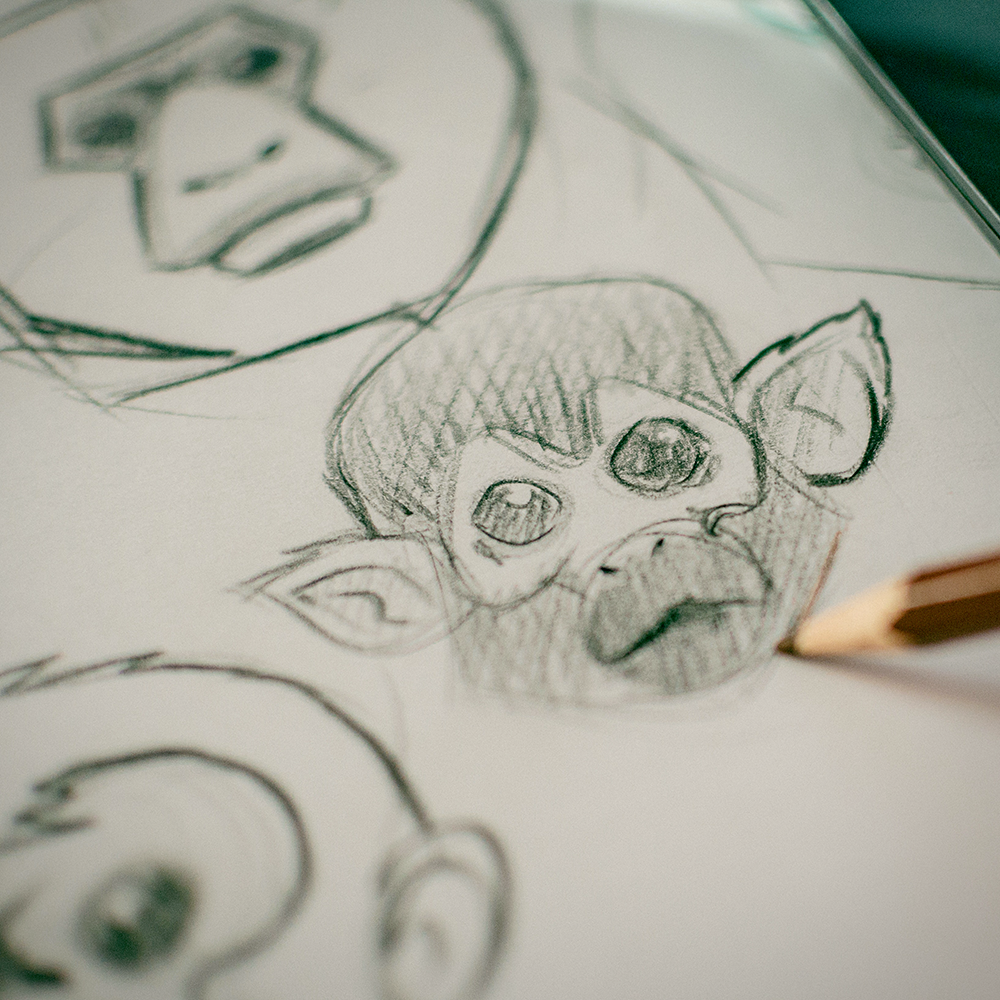
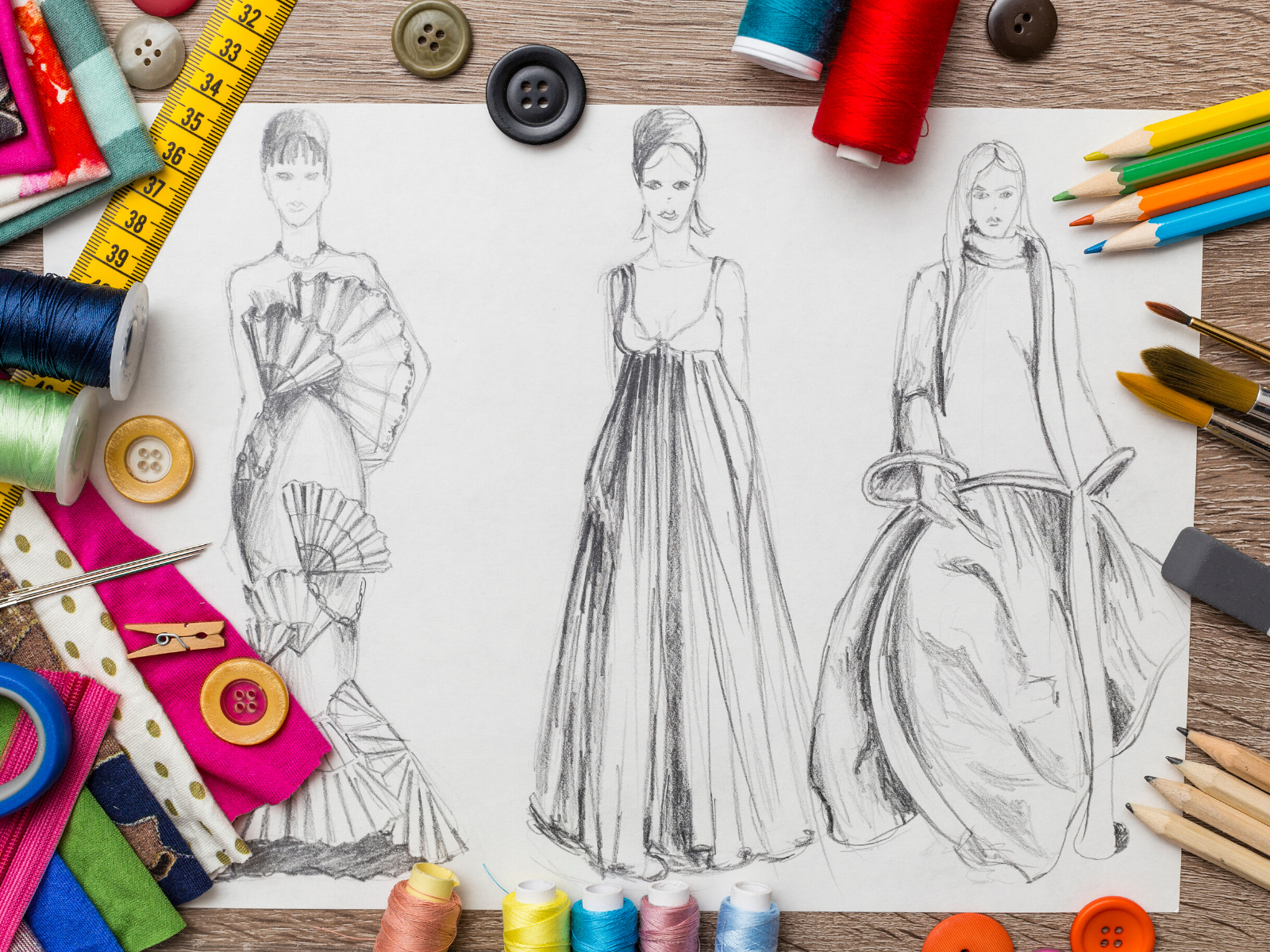
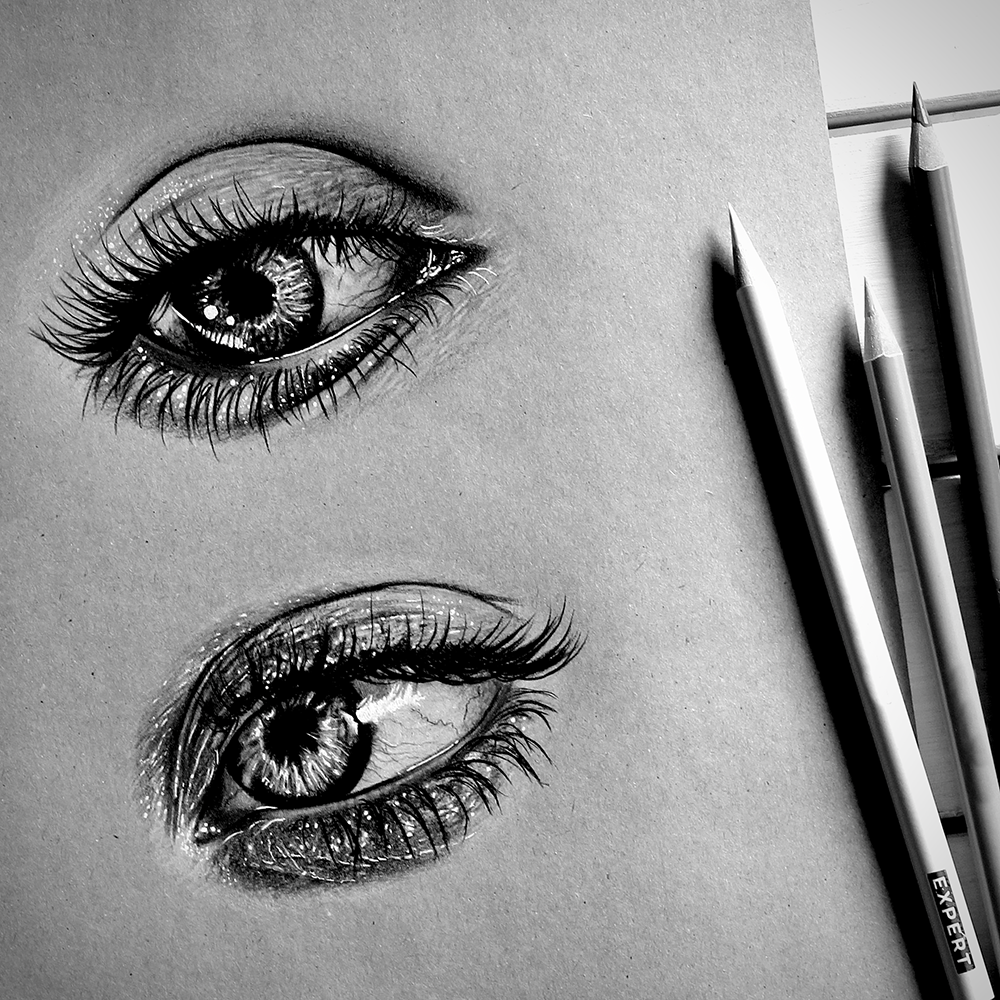
Use References and Build a Reference Library
While it’s important to practice from life, there’s nothing wrong with using references to help guide your drawings.
However, make sure you’re using them wisely.
Don’t rely on them too heavily, as this can hinder your creativity and ability to draw from memory.
Instead, use references as a tool to help guide your drawings when you need it.
Choose references that challenge you, such as difficult poses or lighting situations, so that you’re constantly improving your skills
Create your own reference library of photos, books, and other materials that inspire you.
This can be a great resource when you’re looking for inspiration or trying to improve specific skills.
Collect images of different subjects or themes that interest you, such as animals, landscapes, or architecture.
You can also collect books on art history, techniques, and other subjects that will help you expand your knowledge and inspiration.
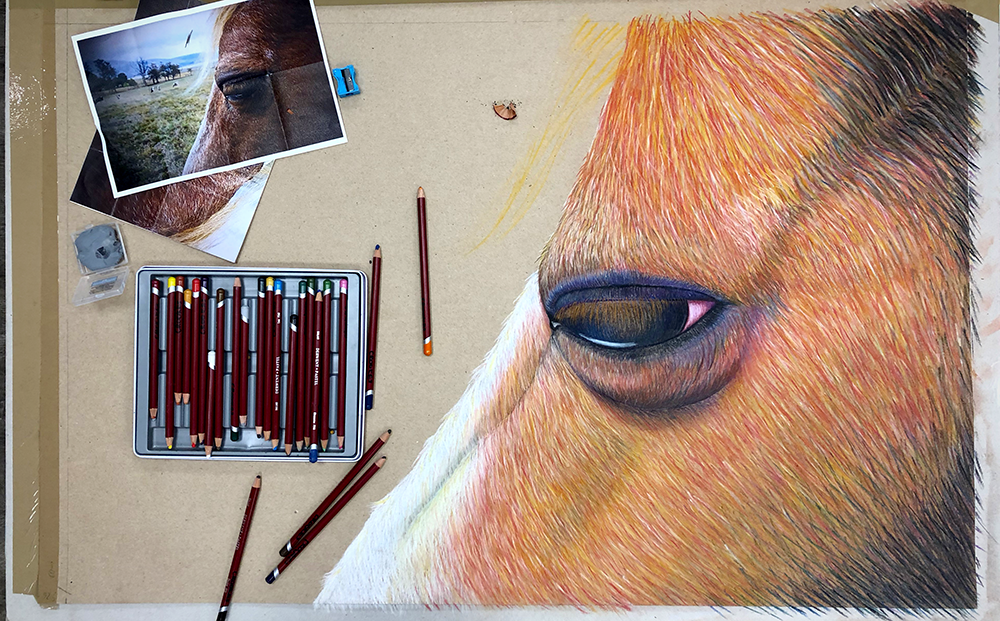
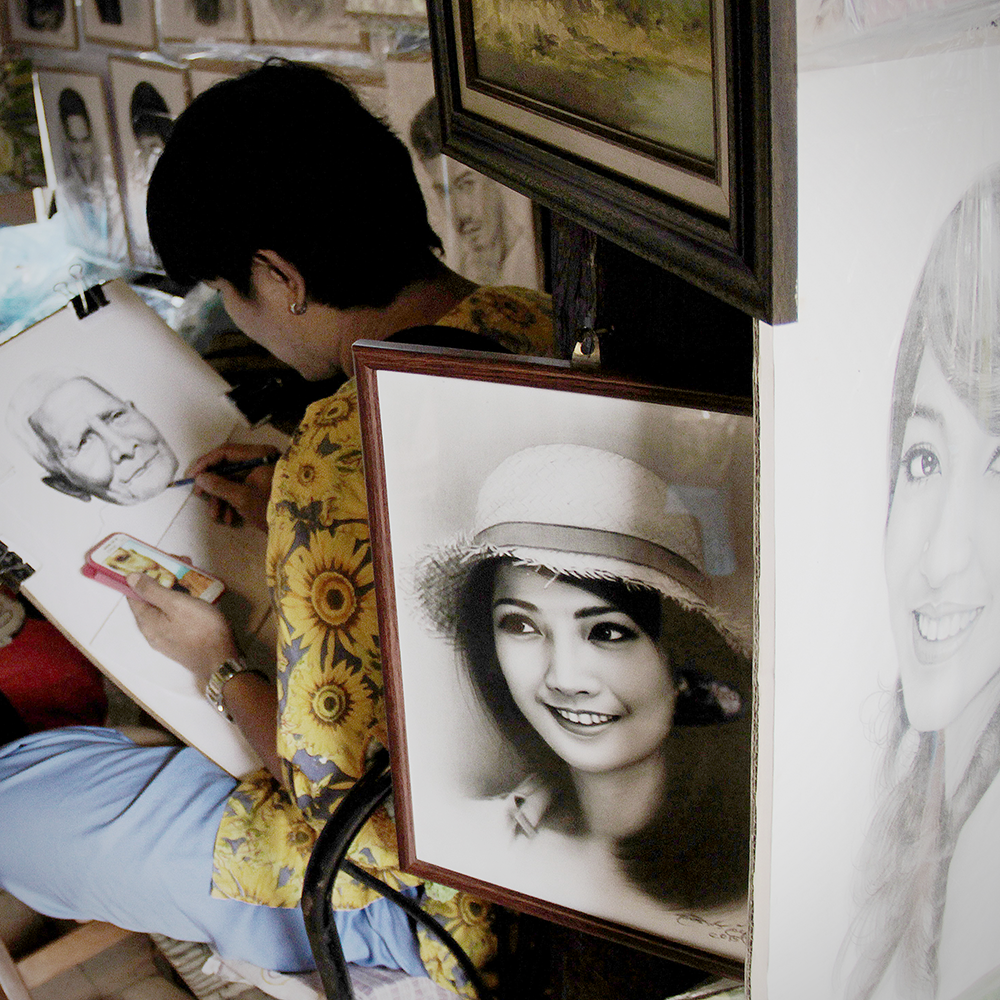
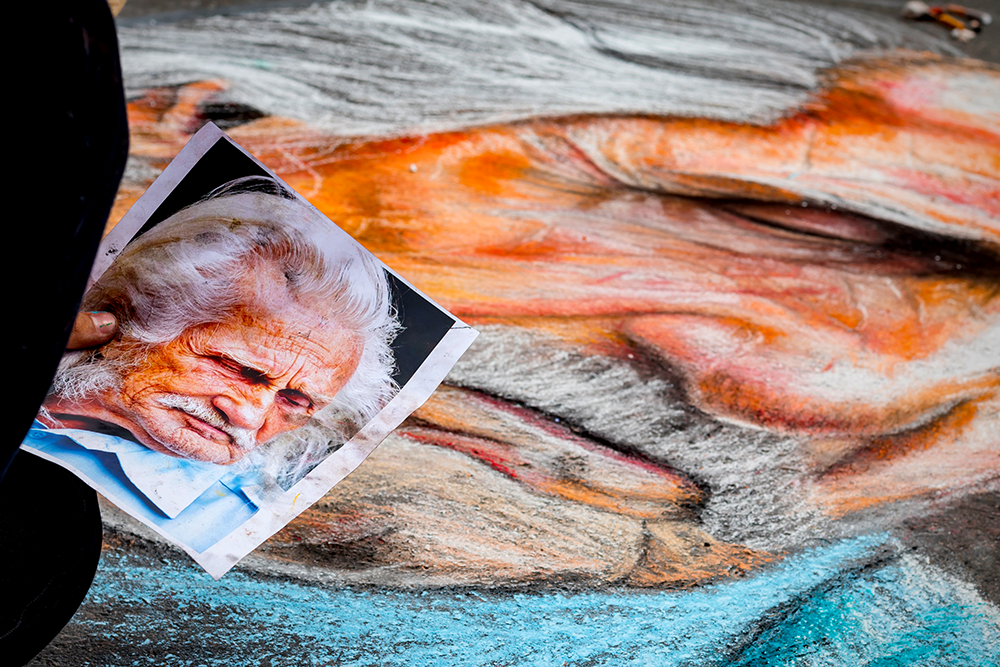
Set Goals and Work on Specific Projects
While you could just aimlessly draw, set specific goals and work on projects that challenge you.
This will help keep you motivated and focused, as well as push you to improve your skills.
Think of a project that you’d like to work on, such as a series of sketches or even an entire comic book.
Following through with your goals is a vital part of the drawing process; finish what you start.
Set a timeline for your project, and break it up into smaller goals that you can work on each day or week.
Creating something from start to finish can be a great way to challenge yourself, track your progress, and boost your confidence.
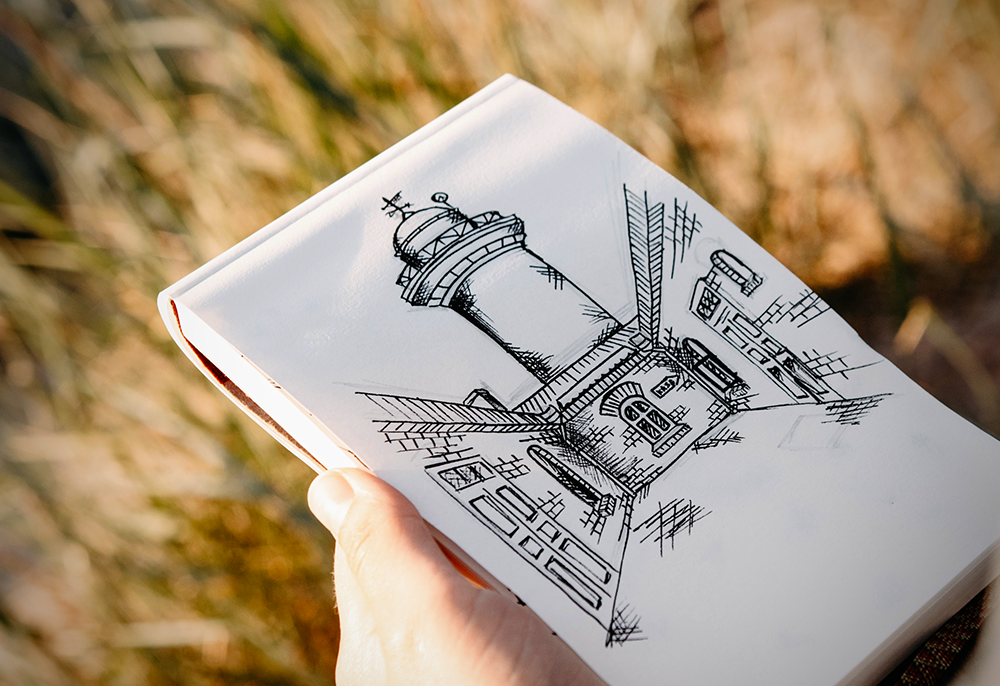
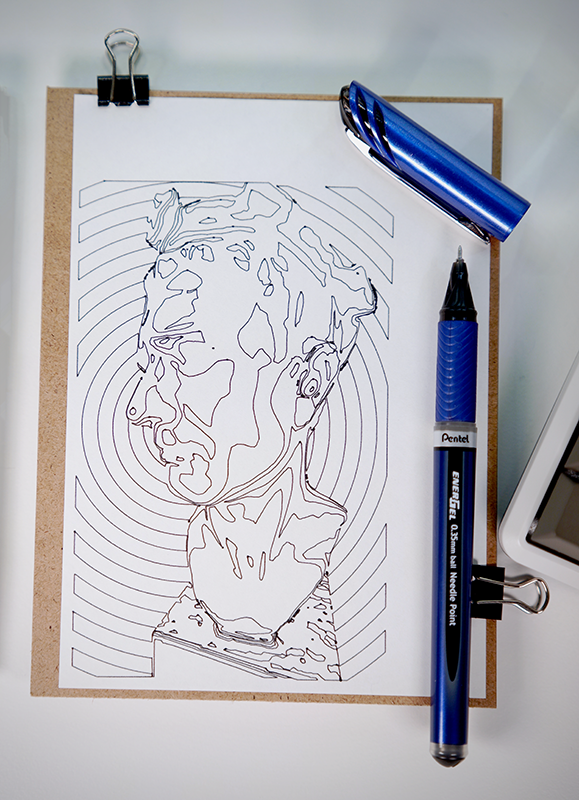
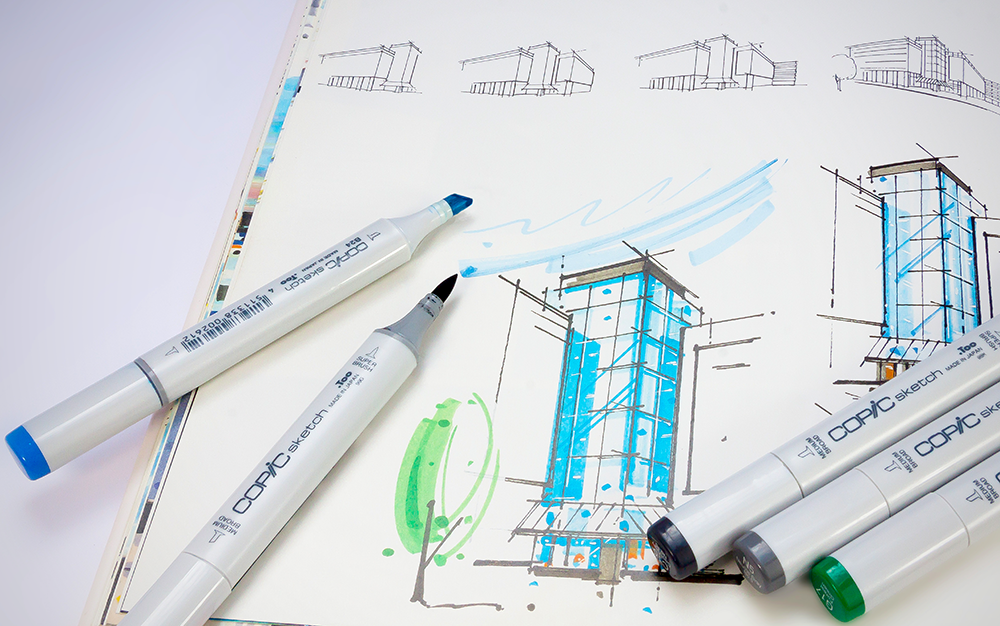
Learn from Critiques and Attend Workshops and Classes
One of the best ways to improve your art is to get feedback and critiques from other artists.
This can help you see your art from a different perspective and pinpoint areas that need improvement.
Join an online art community or take an art class where you can share your work and receive constructive criticism.
Critiques from other artists or instructors can be painful, but they are essential for improving your skills.
Be open to constructive criticism and take it as an opportunity to learn and grow.
Ask for feedback about your artwork, and learn from what people have to say.
Be open to feedback and don’t take it personally; instead, use it as a learning opportunity and a way to improve your skills.
Attending workshops, classes, or online tutorials can be advantageous if you want to learn from experts or other artists.
These can be a great way to receive guidance, get new ideas, and refine your skills.
You also may gain inspiration from their techniques and styles or pick up new drawing skills.
Surround yourself with other artists and you will be motivated to keep improving your art.
By taking on board feedback, joining communities, and attending workshops and classes, you can gain a wealth of knowledge and improve your skills in no time.
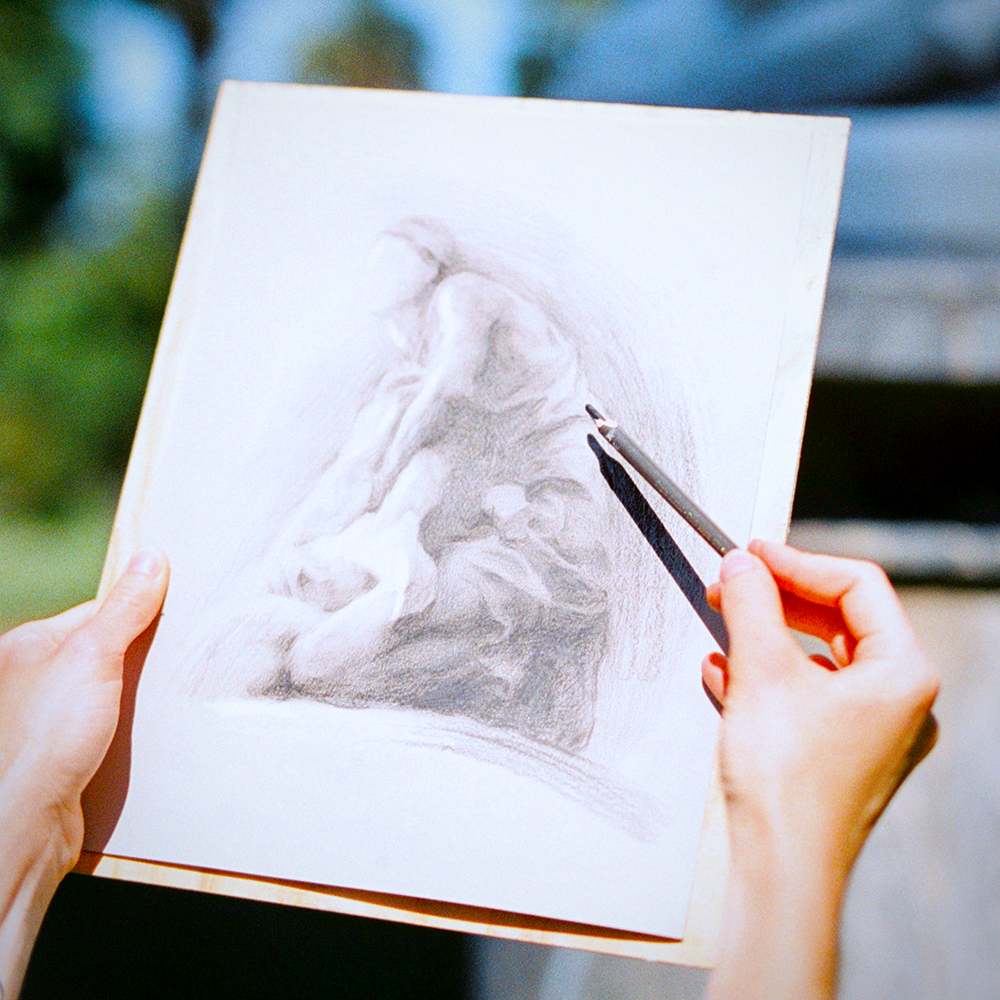
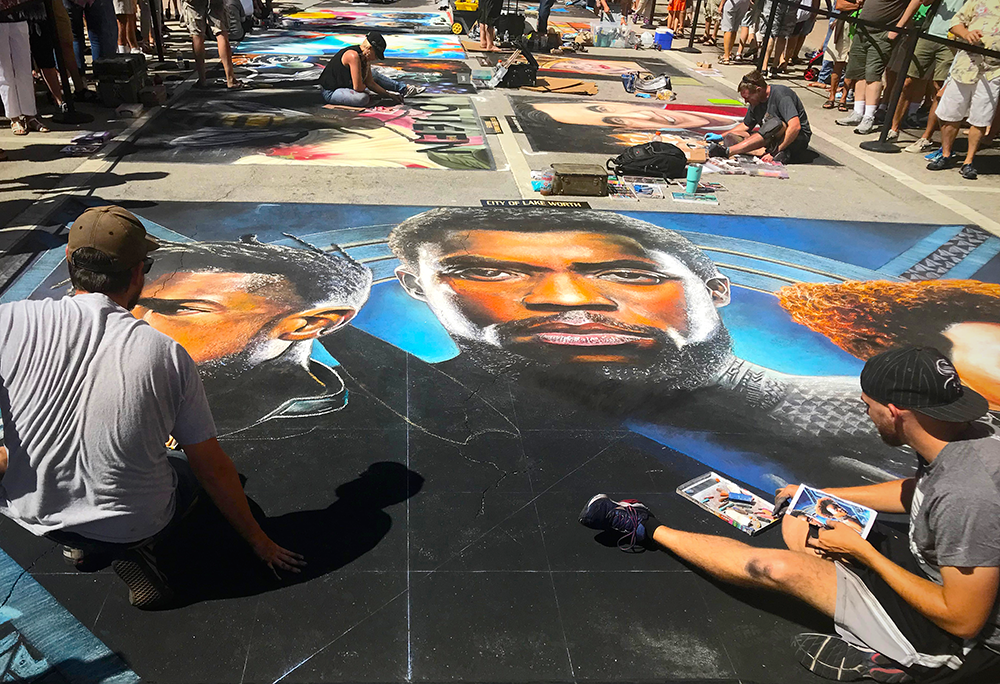
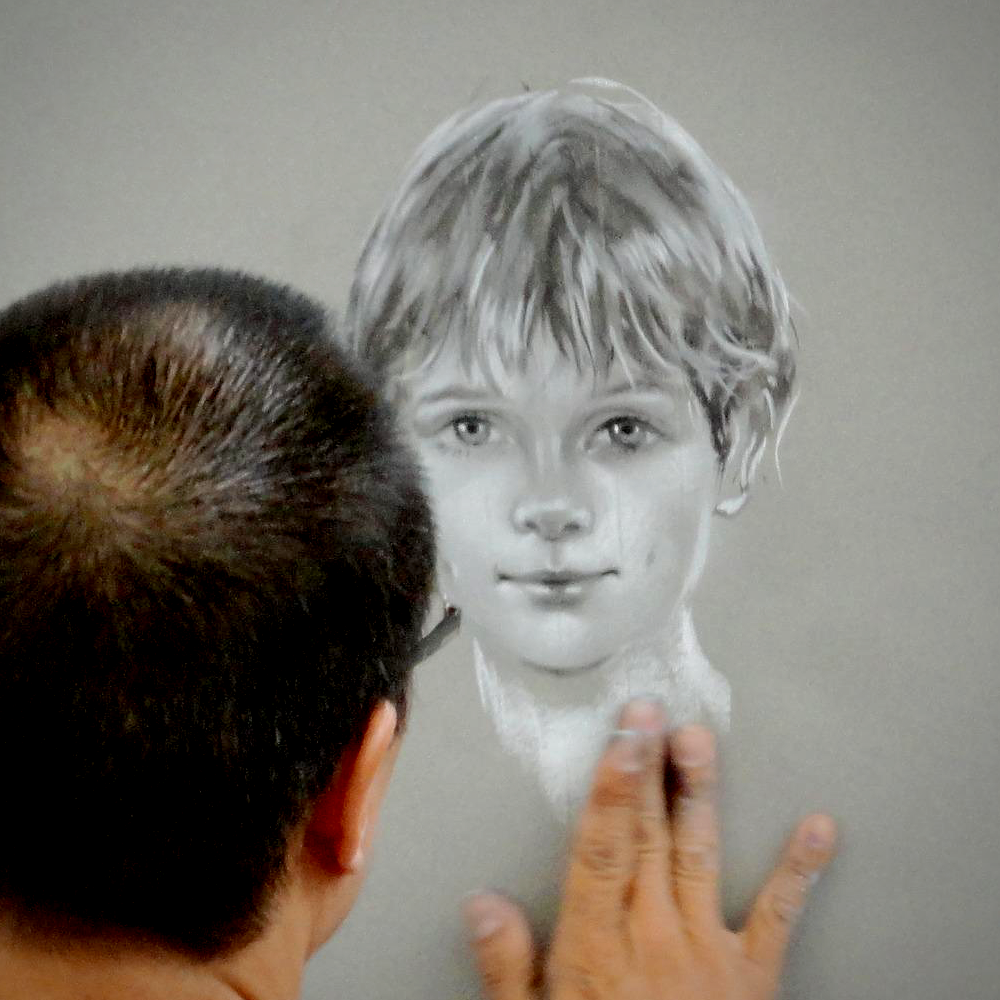
Take Breaks and Practice Self-Care
It's essential to take breaks during your drawing sessions to avoid getting burnt out.
Enjoy a break every couple of hours to stretch your hands and rest your eyes, and recharge your creative batteries.
Take some time to step away from your artwork and do something that relaxes you.
This could be reading a book, listening to music, going for a walk, or anything else that helps you relax.
Don't forget the importance of self-care towards your creativity.
Set aside time to rest, eat well, exercise, sleep, and recharge.
Being in good health and a healthy mindset will help unlock your creative potential.
Remember that you don’t have to become an amazing artist overnight.
Practice and patience are key, but with a bit of hard work and self-care, you can unlock your potential and level up your art game.
Believe in Yourself and Practice Reflection
No matter how far you progress in art, it's important to remember to have faith in yourself.
You may make mistakes along the way, but that’s part of learning and growing.
Take the time to reflect on and appreciate your progress, no matter how small it may be.
Remind yourself of how far you've come since you started and celebrate your victories, no matter how small they may seem.
Be patient with yourself and don’t get discouraged if you feel stuck.
Know that it takes time and practice to improve, and don’t compare your progress to that of other artists.
Trust that you can become a great artist if you keep on practicing, learning, and believing in yourself.
Recognize the importance of a growth mindset and always keep pushing yourself to become a better artist.
So, if you're ready to unlock your potential and reach the top of your art game, then put on your creative cap and start practicing these tips.
It may take some time and hard work, but with the right attitude and dedication, you’ll be creating your art masterpieces in no time.
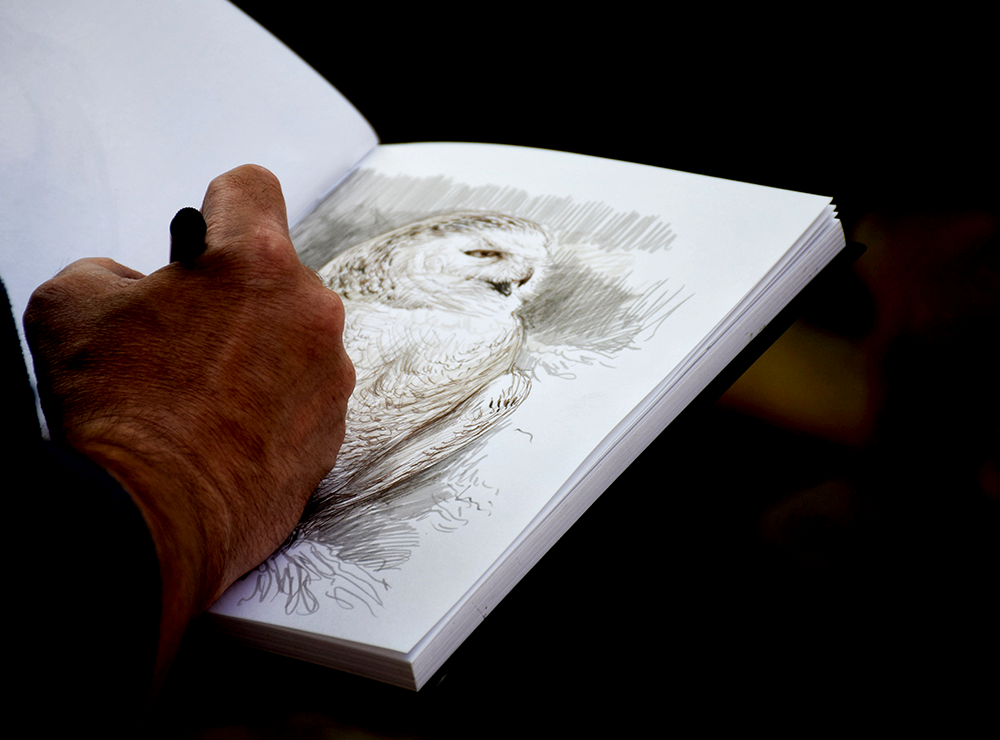
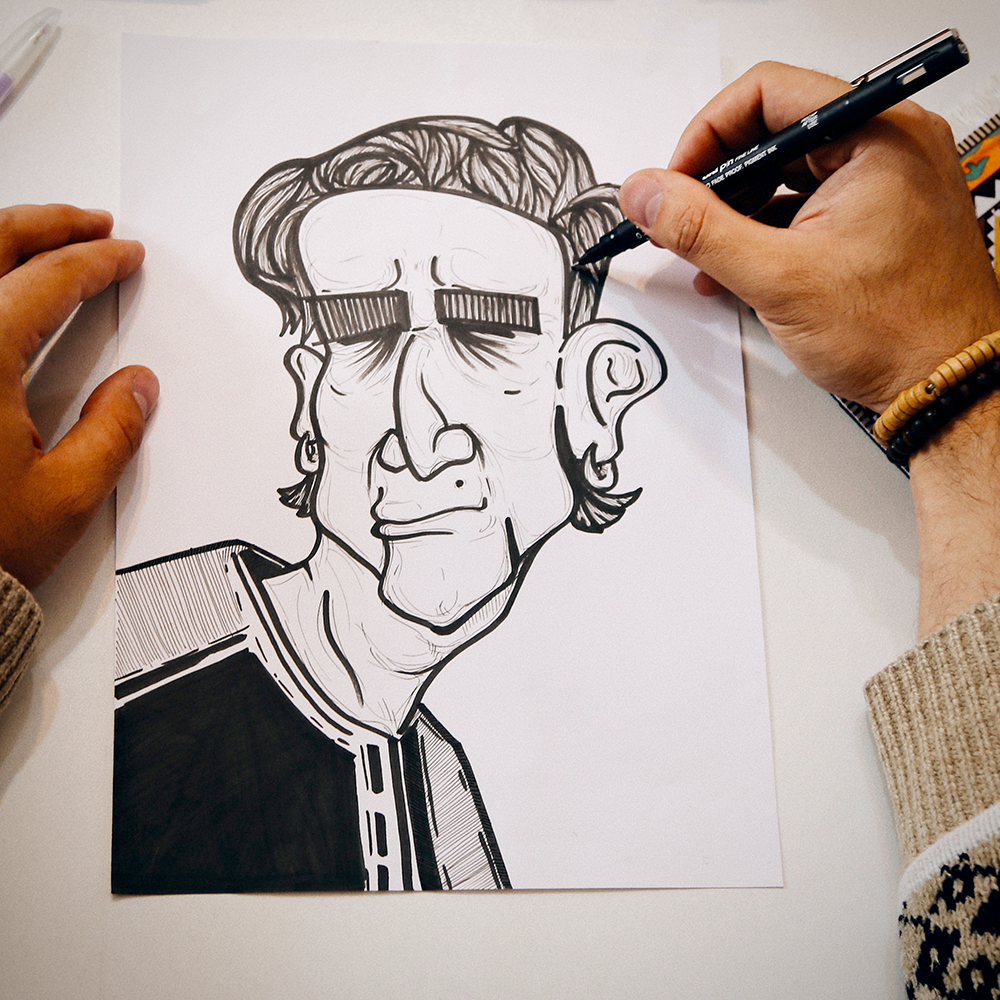
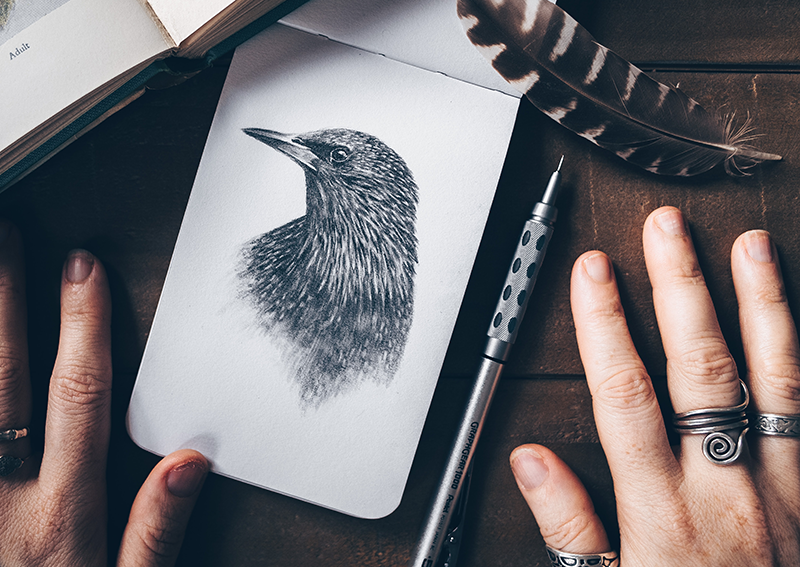
Mastering Your Drawing Skills
Improving your drawing skills takes time and drawing practice, but it’s worth the effort.
By incorporating these drawing tips into your daily routine, you’ll improve your skills and sharpen your artistic style.
Remember to focus on the basics, experiment with different mediums, and seek feedback from other artists.
With hard work and dedication, you can level up your drawing game and create beautiful works of art.
Remember, practice and patience are key to improving your craft, so don’t give up!
You can become a great artist if you keep on believing in yourself, push your boundaries and strive to improve.
So, grab your supplies and paper, and start drawing today!
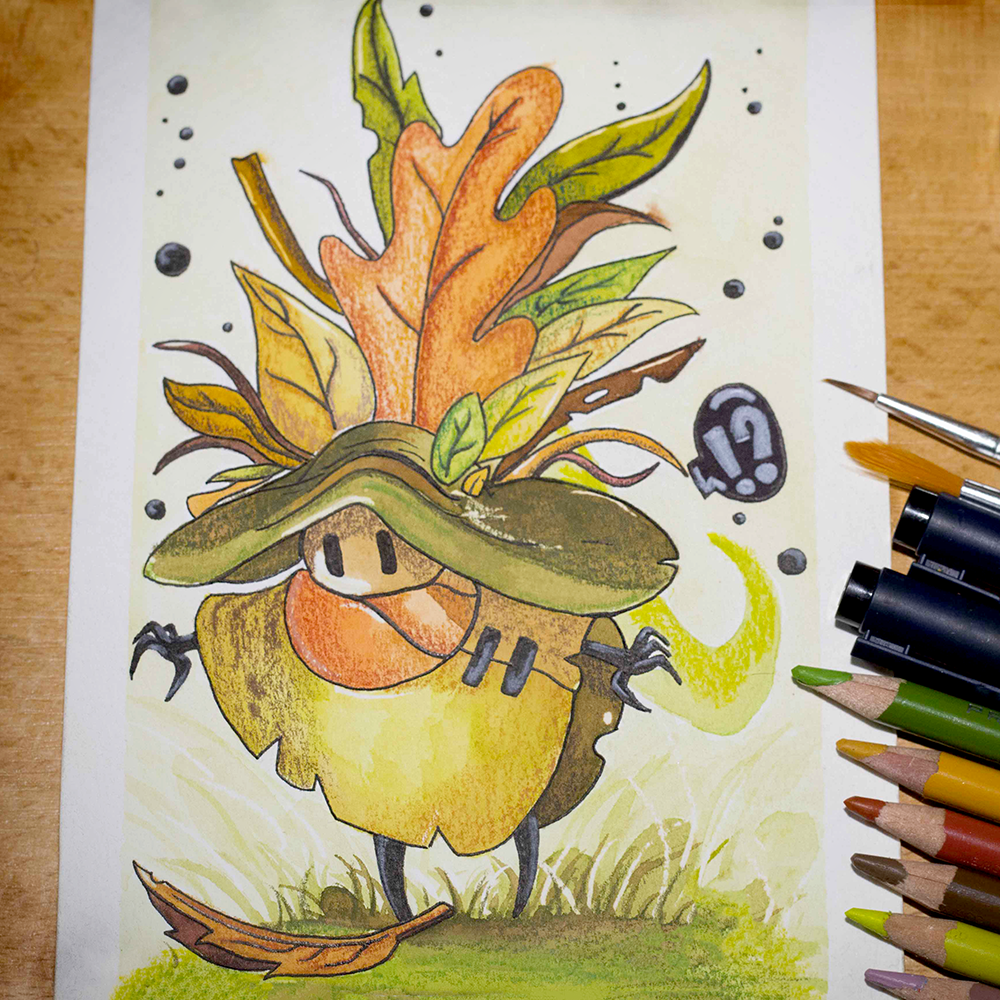
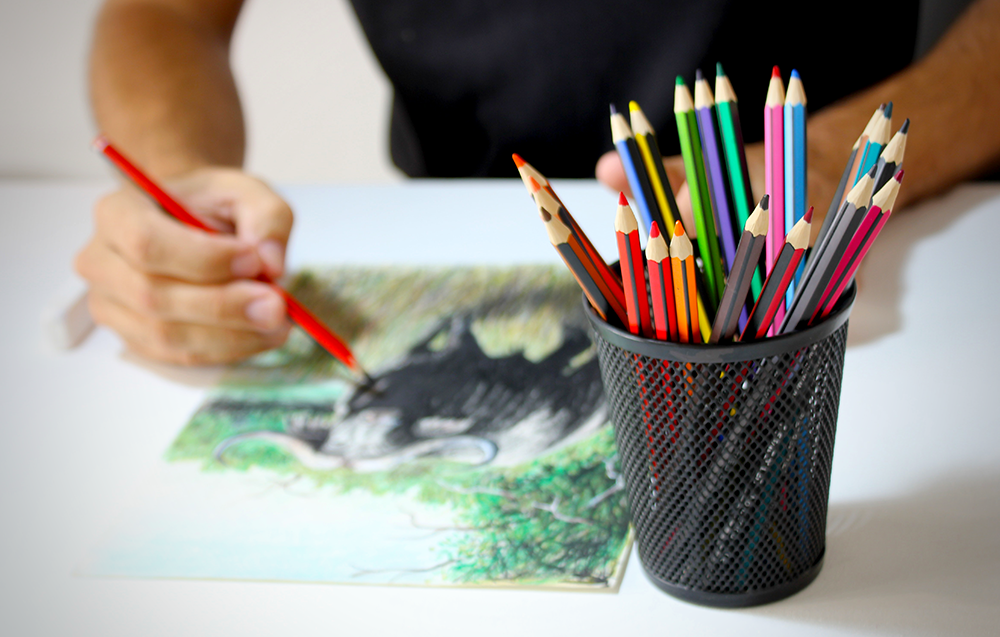
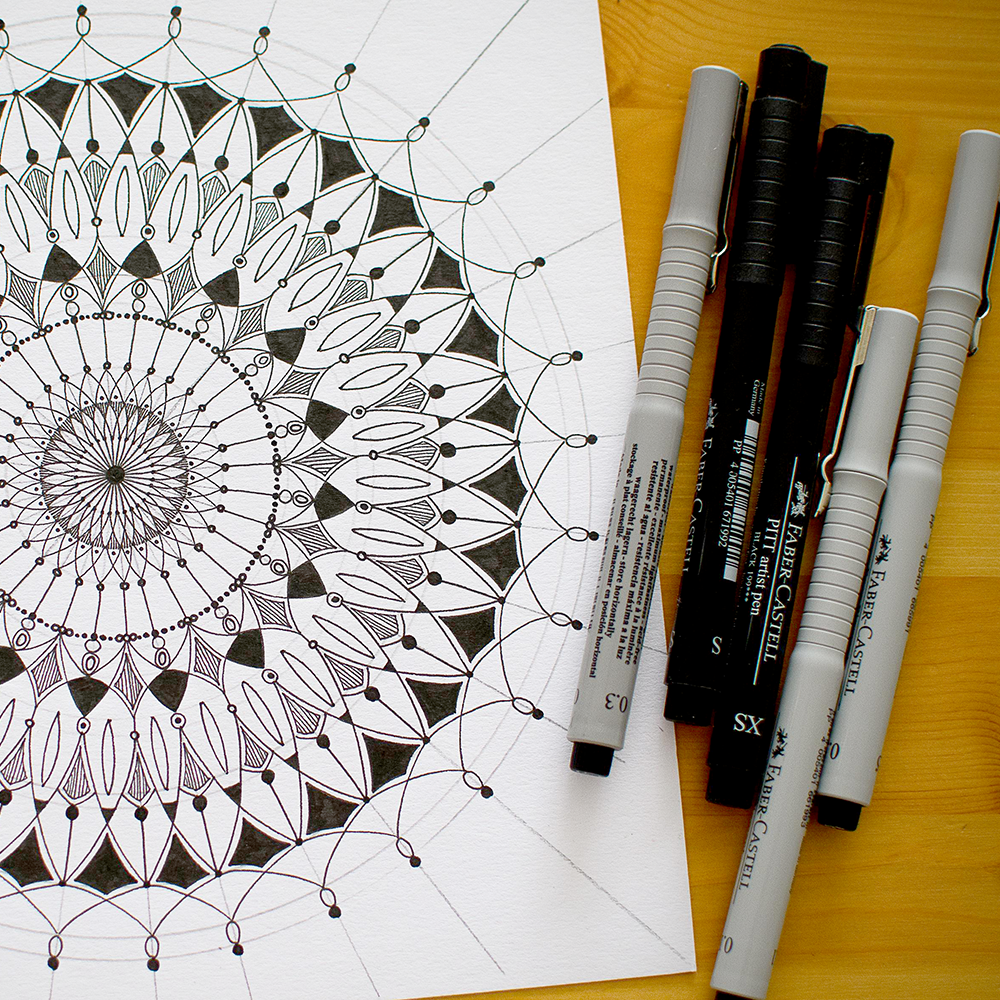
Ready to dive into the world of drawing? Check out Draw Like a Sir's video!
Want even more content about creativity and art?
Be sure to check out all of our creative chronicles!
Interested in learning more about drawing?
Check out some of our other articles:
